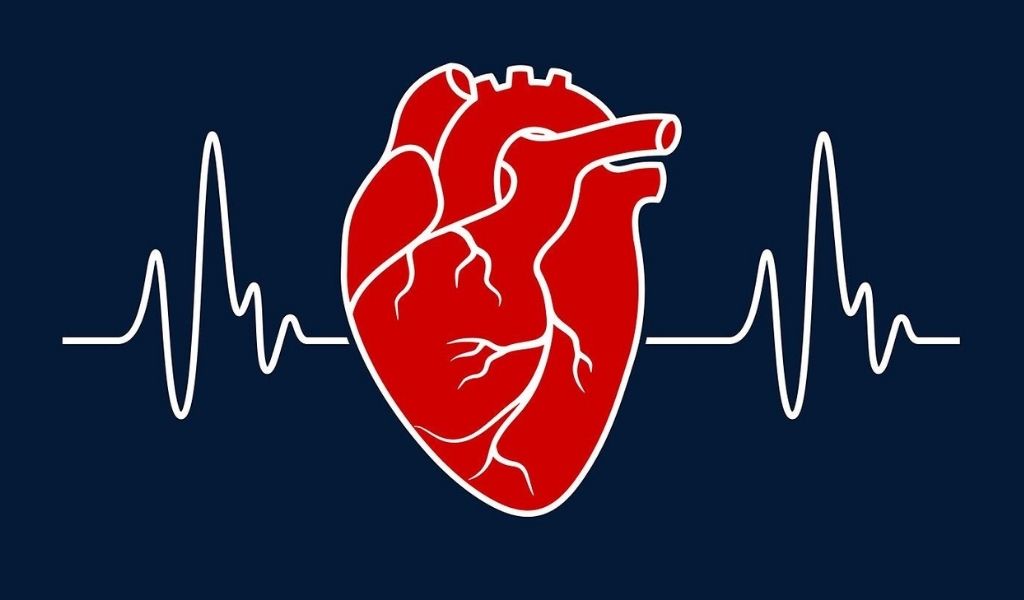
Easy Tweaks To Your Lifestyle Which Can Help Prevent Heart Failure
The term “heart failure” makes it sound like the heart is no longer working at all and there is nothing that can be done. Also referred to as congestive heart failure – it is a chronic, progressive condition in which the heart muscle is unable to pump enough blood to meet the body’s needs for blood and oxygen. Basically, the heart cannot keep up with its workload. It is a leading cause of death.
While you cannot change some risk factors such as family history, sex or age etc. some easy tweaks to your lifestyle can go a long way to help you cut your chances. And, as an added bonus, those new habits are good for your heart health in general.
Stay Active
Regular, daily physical activity can lower your risk of heart disease. Physical activity helps you control your weight and reduce your chances of developing other conditions that may put a strain on your heart, such as high blood pressure, high cholesterol and type 2 diabetes.
Even shorter bouts of activity offer heart benefits. Just five minutes of moving can help, and activities such as gardening, housekeeping, taking the stairs and walking the dog all count toward your total. You do not have to exercise strenuously to achieve benefits, but you can see bigger benefits by increasing the intensity, duration and frequency of your workouts.
Watch Your Weight
Stick to a healthy weight. Aim for a body mass index (BMI) between 18.5 and 24.9. And pay particular attention to belly fat, which can increase your risk of heart disease even more than fat on other parts of your body. Even a small weight loss can add up to big gains in your health.
Live Tobacco-Free
One of the best things you can do for your heart is to quit your tobacco habit. Chemicals in tobacco can impact your heart and it is a major factor in arterial damage that can cause heart failure. While you are at it, steer clear of secondhand smoke.
Your risk of heart disease starts to drop in as little as a day after quitting. After a year without cigarettes, your risk of heart disease drops to about half that of a smoker. No matter how long or how much you smoked, you will start reaping rewards as soon as you quit.
Eat Heart-Healthy
The foods that help you are those that contain little saturated fat, trans fat, sugar or sodium. Think fruits and vegetables, low-fat dairy, lean protein such as chicken without the skin, and “good” fats such as those found in olive oil, fish and avocadoes
.
Manage Stress
Stress can raise your blood pressure. Some people cope with stress in unhealthy ways — such as overeating, drinking or smoking. Finding alternative ways to manage stress — such as physical activity, relaxation exercises or meditation — can help improve your health.
Get Good & Quality Sleep
A lack of sleep can do more than leave you yawning; it can harm your health. People who don't get enough sleep have a higher risk of obesity, high blood pressure, heart attack, diabetes and depression.
Most adults need at least seven hours of sleep each night. Make sleep a priority in your life. Set a sleep schedule and stick to it by going to bed and waking up at the same times each day.
Managing Health Conditions
If you are aware of other conditions that put you at risk such as high blood pressure (hypertension), high cholesterol, high blood sugar, diabetes etc. non-stop care and adherence to prescribed medications can make a big difference. Help your healthcare team to help you.